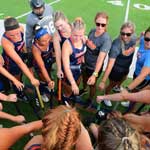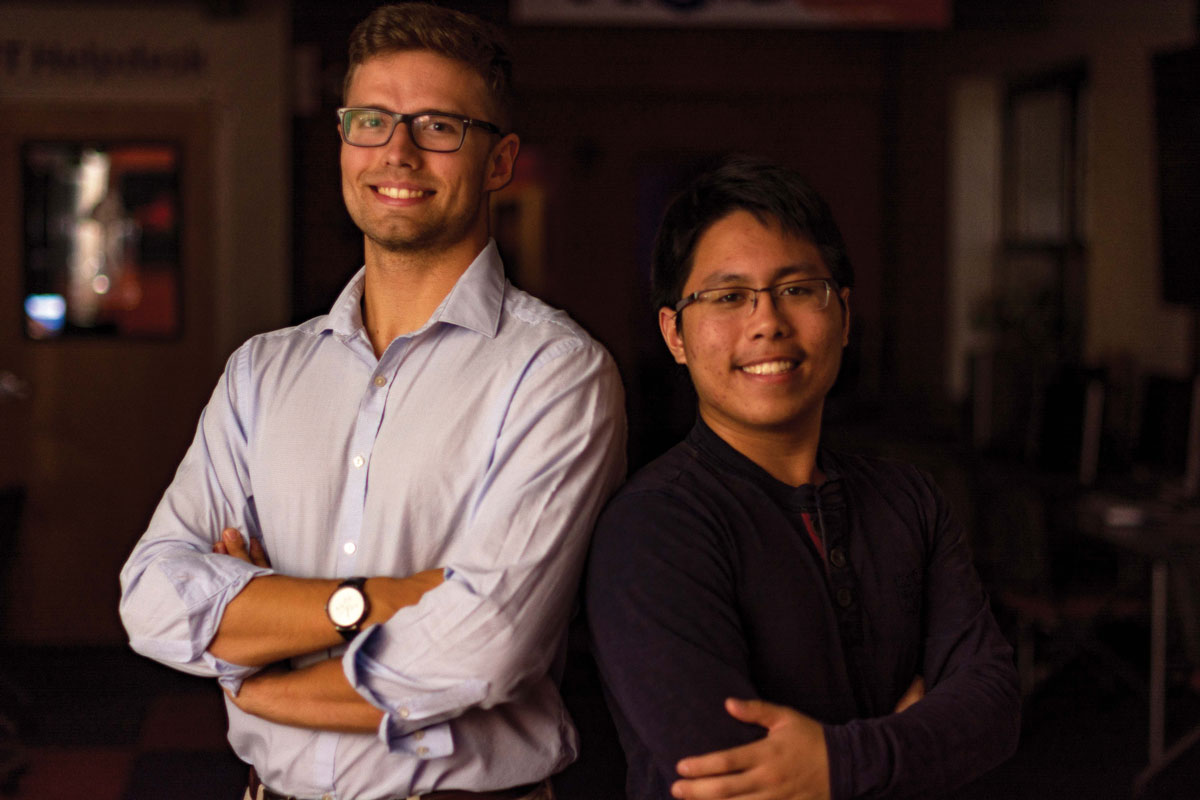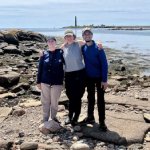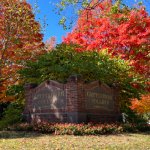

An affordable closed-loop insulin pump for diabetics. A flood map designed to protect iconic College landmarks. Virtual reality tours of historic locations. These are a few of the innovative creations to come out of Gettysburg College’s Innovation Lab—a campus space in the West Building designed for the exploration of bold, technological ideas.
Tyler Mitchell’s ’20 potentially revolutionary insulin pump—which operates by reading blood sugars that continuously move through a glucose monitor— was built with parts manufactured by the College’s 3D printer, such as the casing and the gears responsible for administering insulin.
“My hope is that this project will have a real-world impact on those suffering with diabetes, and that I can truly help those individuals in a meaningful way,” Mitchell said.
At Gettysburg College, students are encouraged to pursue academic interests with openness and to be unafraid to follow their curiosity down unexpected paths. The Innovation Lab is a place where inquiring minds can run wild and pursue potential ideas of impact.
Orrin Wilson ’20 and Just Hoang Anh ’21, both computer science majors, pursued another path. They created cutting-edge virtual reality tours using software tools such as Blender and Unity Pro, in addition to two Collegeowned DJI Mavic Pro drones.
Wilson focused on building a tour of Pennsylvania Hall. Anh created a tour of Lincoln Cemetery, the burial site of Gettysburg’s African-American citizens and veterans during the Civil War era. Anh’s hope was to provide prospective international students (Anh is from Vietnam) with the opportunity to visit these historic sites virtually.
“I sought to bring back the importance of the past and its forgotten history, while utilizing technology of the future,” he said.
Alyssa Kaewwilai ’20, an environmental studies major with a concentration in GIS (geographical information systems) and a computer science minor, also benefited from using the College’s drone for her project. She earned her Federal Aviation Administration (FAA) remote pilot certification so that she could fly the drone to detect flood patterns on campus.
“Over the years, we have experienced excessive flooding in certain areas of our campus,” said Kaewwilai. “My project’s goal was to evaluate the terrain levels that are most prone to flooding and hopefully leverage this data to safeguard Gettysburg’s infrastructure.”
She manufactured handheld replicas of her targeted locations using the lab’s 3D carver, which allowed her to physically touch the sloped terrain and develop a greater understanding of how various water patterns affect the campus landscape.
“I discovered there isn’t always a black-and-white answer for projects like mine, so you have to figure things out, utilize your resources, and be creative to find solutions to your challenges,” said Kaewwilai.
Staff
Posted: 06/04/19


